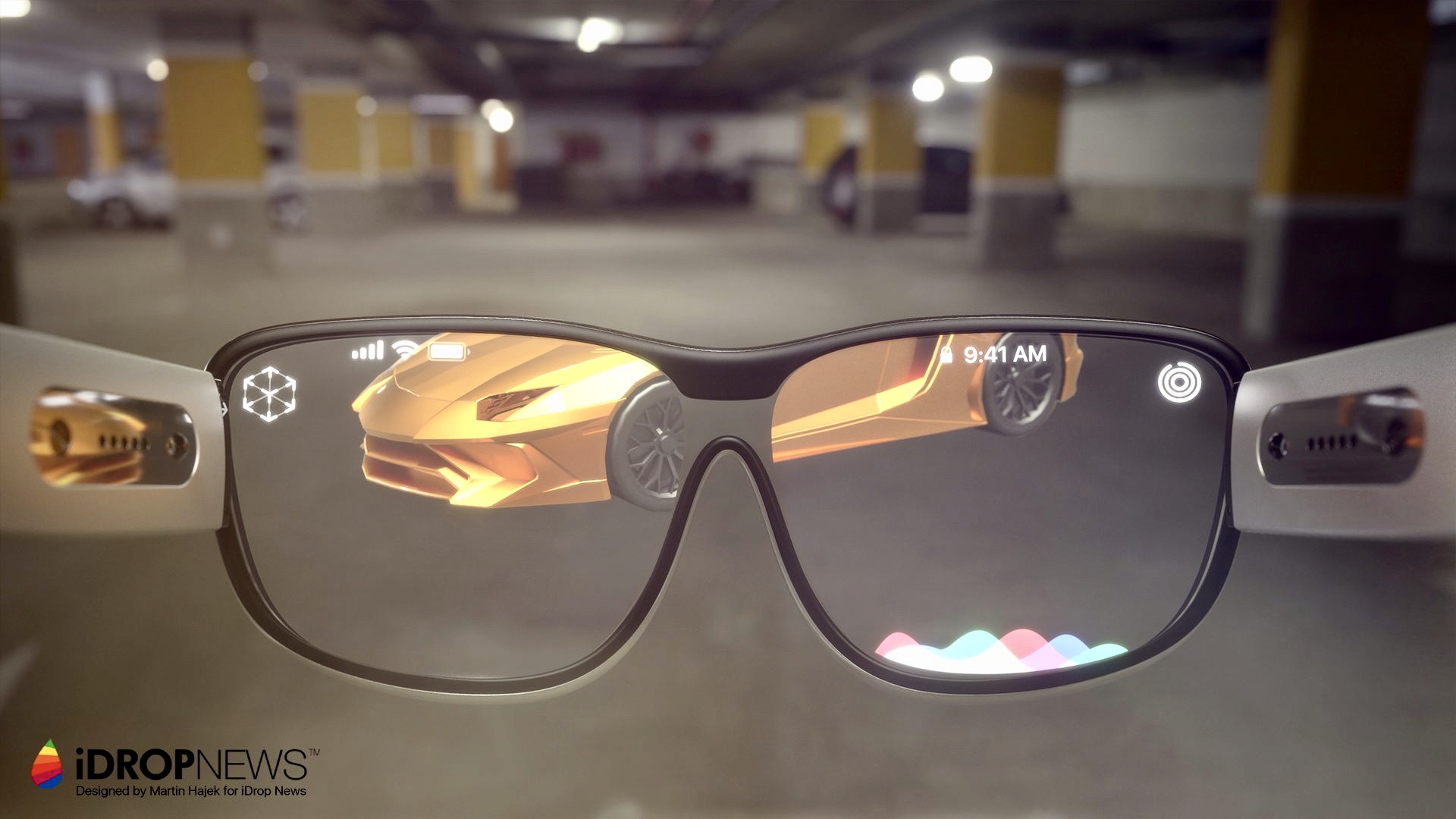Apple Glass patent shows how it could avoid Google Glass fail
Apple is clearly thinking about privacy with Apple Glass

Update: A more recent Apple patent seemingly shows how the Apple Glasses could tackle privacy from an iPhone user's perspective.
One of the many problems with Google Glass was a fear of privacy violations. When somebody films you with their phone, it’s pretty obvious that you’re on camera, and you can move away, cover your face or ask the person to stop filming. With Google Glass, the only clue that footage was being taken was a small light on the camera.
For Apple Glass, the iPhone maker’s upcoming smart glasses, Apple seems to have taken heed of the controversy. A new patent, spotted by Patently Apple, explores a number of ways in which recording can be made obvious to bystanders who would prefer not to be caught on camera.
- Apple Watch 6 vs. Apple Watch SE: Which smartwatch should you buy?
- Everything we know about the Apple Car
- Plus: Samsung's Galaxy Watch 4 could read your body fat
One option explored by Apple is making the camera module removable. Not only would the absence of a camera module make it clear that the wearer wasn’t capable of filming, but it would also make the frames lighter for those not interested in documenting their daily life.
As Apple notes, this would get around the issue Google Glass Explorers found when they were banned from movie theatres. “The modular accessory would also make it possible for venues such as bars and theaters to ban the modular accessory while still allowing the HMD frame (without the accessory) into the venues,” the patent reads.
But what about when the camera module is in place? Like Google, Apple imagines using lights to show when the device is recording, but unlike the original smart glasses, trying to get around this could ensure that the camera simply doesn’t work.
The patent describes how the lights on the camera could pulse in an encrypted pattern, with the lens capturing reflections in the recorded environment. If the camera can’t detect the pattern, recording could be disabled according to the patent. “If the encrypted pattern cannot be detected (e.g., because the user has blocked or disabled the LEDs), the controller may disable recording of video captured by the camera,” the patent explains.
Sign up to get the BEST of Tom's Guide direct to your inbox.
Get instant access to breaking news, the hottest reviews, great deals and helpful tips.
Combining the two options, Apple suggests another alternative where the camera is always embedded, but disabled unless a modular key is attached to the frames. This would be obvious enough that its presence would alert others to the possibility that they’re being filmed. “In both cases, the presence of the modular attachment would indicate to persons in the environment that they may be being recorded,” the patent explains.
Patents aren’t always indicative of technology that ever makes it into a product, of course, but it’s unsurprising that Apple is thinking about this kind of thing, given the big focus on privacy it has had in recent years.
Apple Glass is widely tipped to be a thing at some point in the future, but the question of when divides the usual tipsters. Apple analyst Ming-Chi Kuo says we won’t see the product until 2022 “at the earliest”, and this seems to back up a report in The Information which suggests a 2023 release date.
Jon Prosser, meanwhile, predicted last year that the wearable would arrive any day now, tipping a launch of “March-June 2021.” With just a few days left for this prediction to come true, it seems pretty unlikely, but that doesn’t mean that a reveal in the second half of the year is impossible. Time will tell.
- More: The best smartwatches of 2021
Freelance contributor Alan has been writing about tech for over a decade, covering phones, drones and everything in between. Previously Deputy Editor of tech site Alphr, his words are found all over the web and in the occasional magazine too. When not weighing up the pros and cons of the latest smartwatch, you'll probably find him tackling his ever-growing games backlog. Or, more likely, playing Spelunky for the millionth time.

